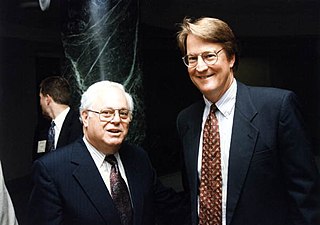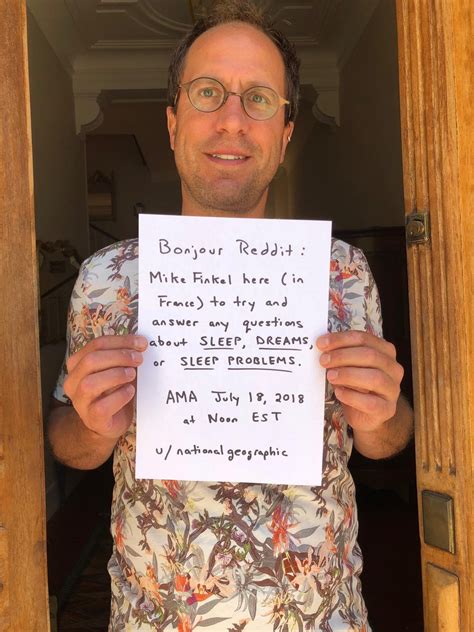A Quote by Richard Attenborough
I am passionately opposed to capital punishment, and I have been all my life.
Quote Topics
Related Quotes
We have a legal system, and this is not something that happens all the time. We have capital punishment. America has capital punishment. Iran has capital punishment. Iran hangs people and leaves their bodies hanging on cranes. Iran put to death more than a thousand people last year. I don't see EU reporting on it.
Muslims who convert to Christianity are not protected. That carries capital punishment. He would be given the opportunity to repent, and the Sharia court would need to determine if he was really a Muslim in the first place, did he know what he was doing, and once all of that has been determined, there is capital punishment for that in Islam.
I have been brought up in a culture where capital punishment is indeed anathema. I have always thought of myself as a principled opponent to capital punishment. However, when thinking about how the topic is handled in other cultures, in particular the American, Russian and Chinese ones, I have realised that my own tack on the issue was utterly superficial.
When in Gregg v. Georgia the Supreme Court gave its seal of approval to capital punishment, this endorsement was premised on the promise that capital punishment would be administered with fairness and justice. Instead, the promise has become a cruel and empty mockery. If not remedied, the scandalous state of our present system of capital punishment will cast a pall of shame over our society for years to come. We cannot let it continue.
It's a tract against capital punishment in the genre of Swift's Modest Proposal. I was simply following a formula to its logical conclusion. Some people appear to have understood it. The publication of Naked Lunch in England practically coincided with their abolition of capital punishment. The book obviously had a certain effect.
Those subject to capital punishment are real human beings, with their own backgrounds and narratives. By contrast, those whose lives are or might be saved by virtue of capital punishment are mere 'statistical people.' They are both nameless and faceless, and their deaths are far less likely to be considered in moral deliberations.




































